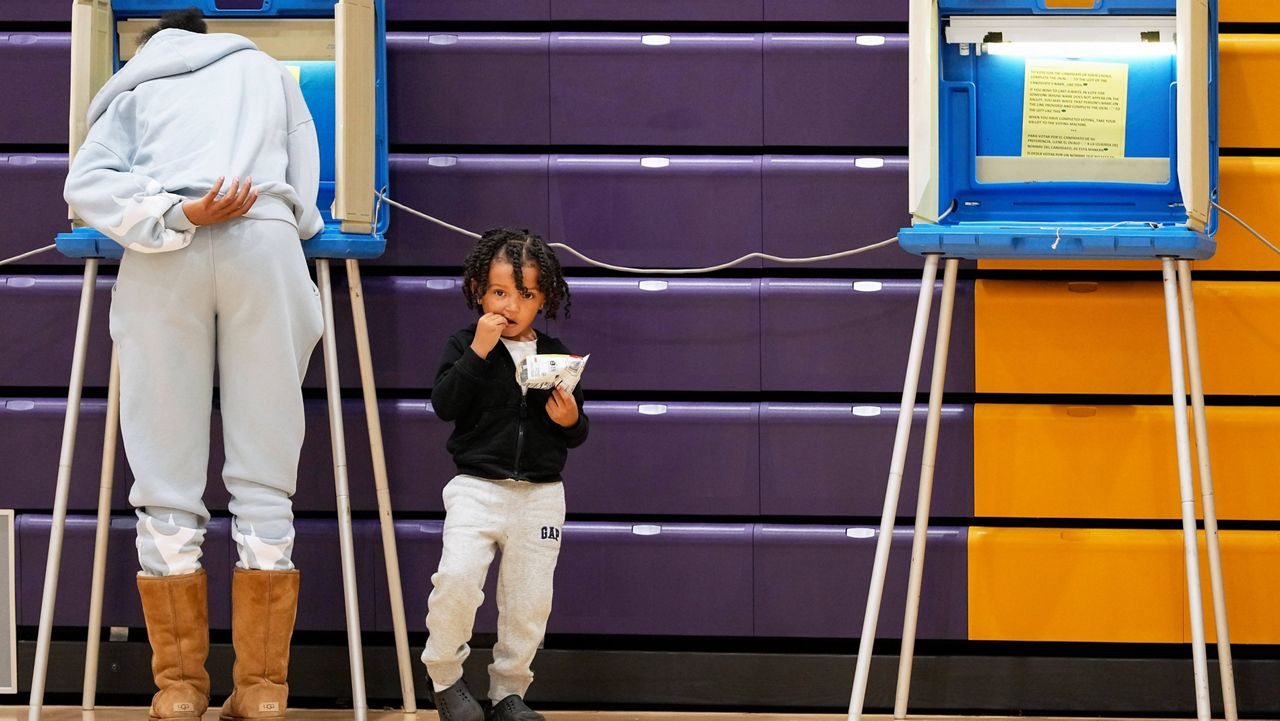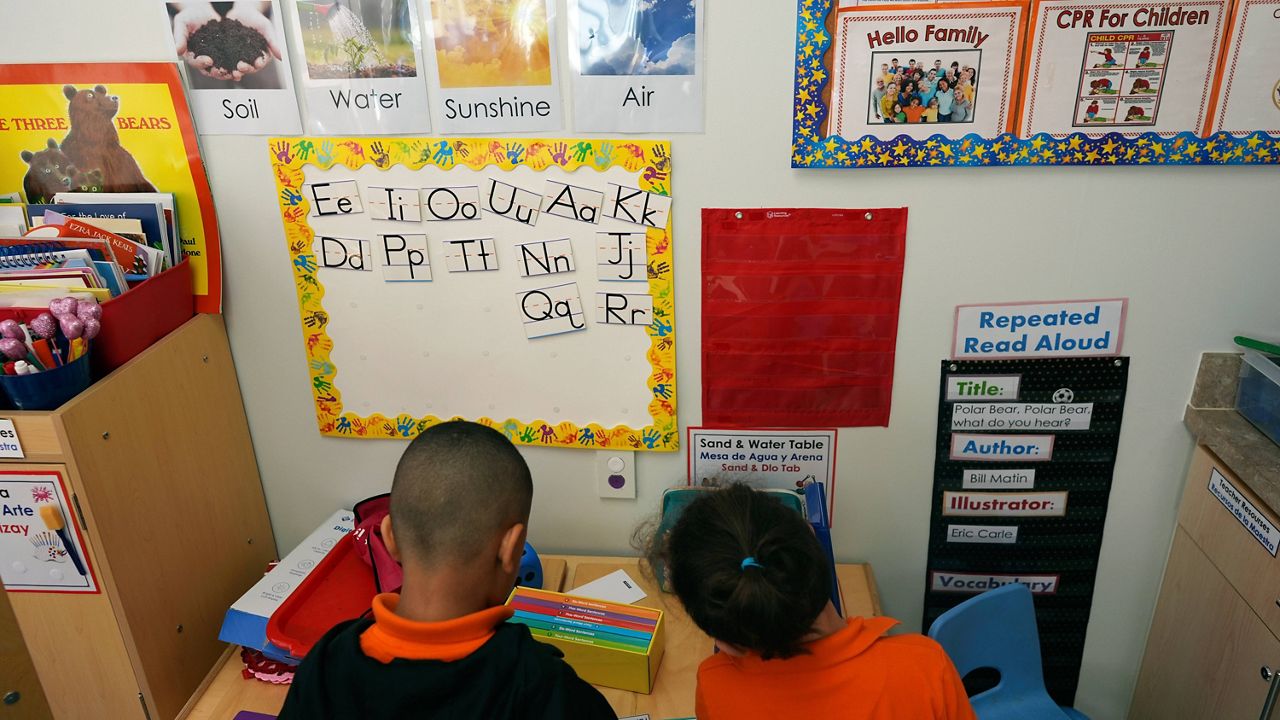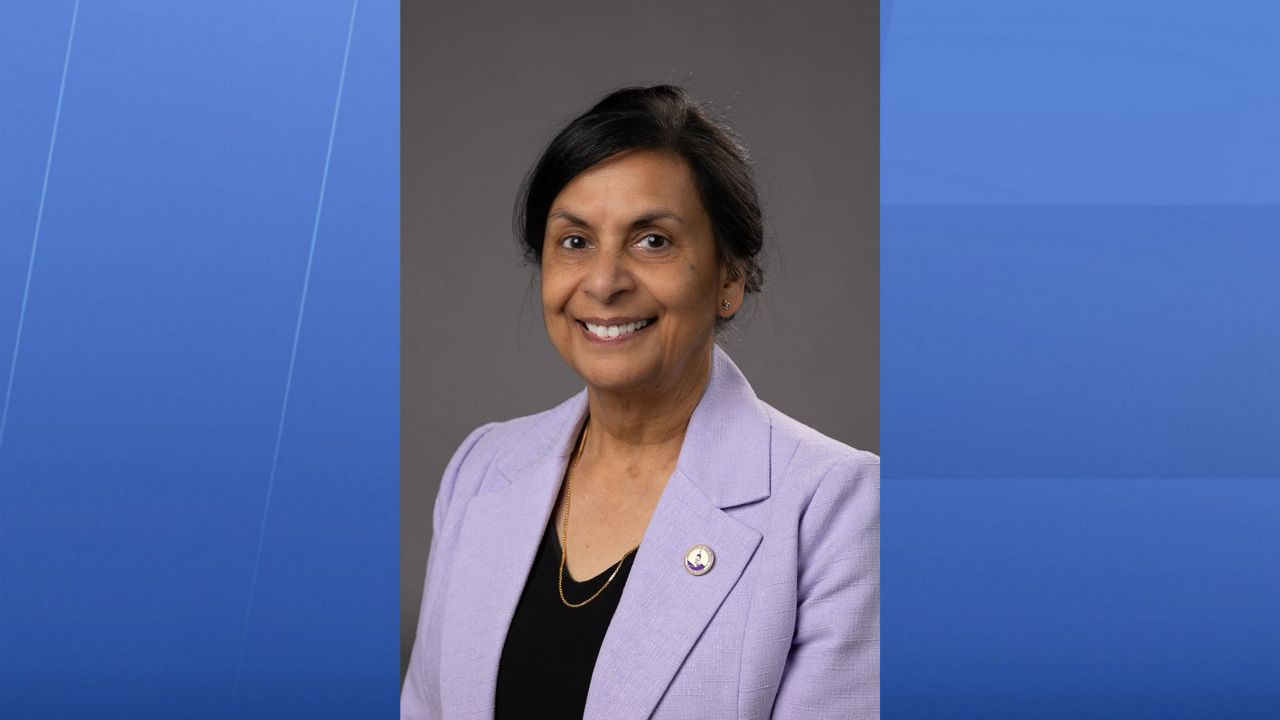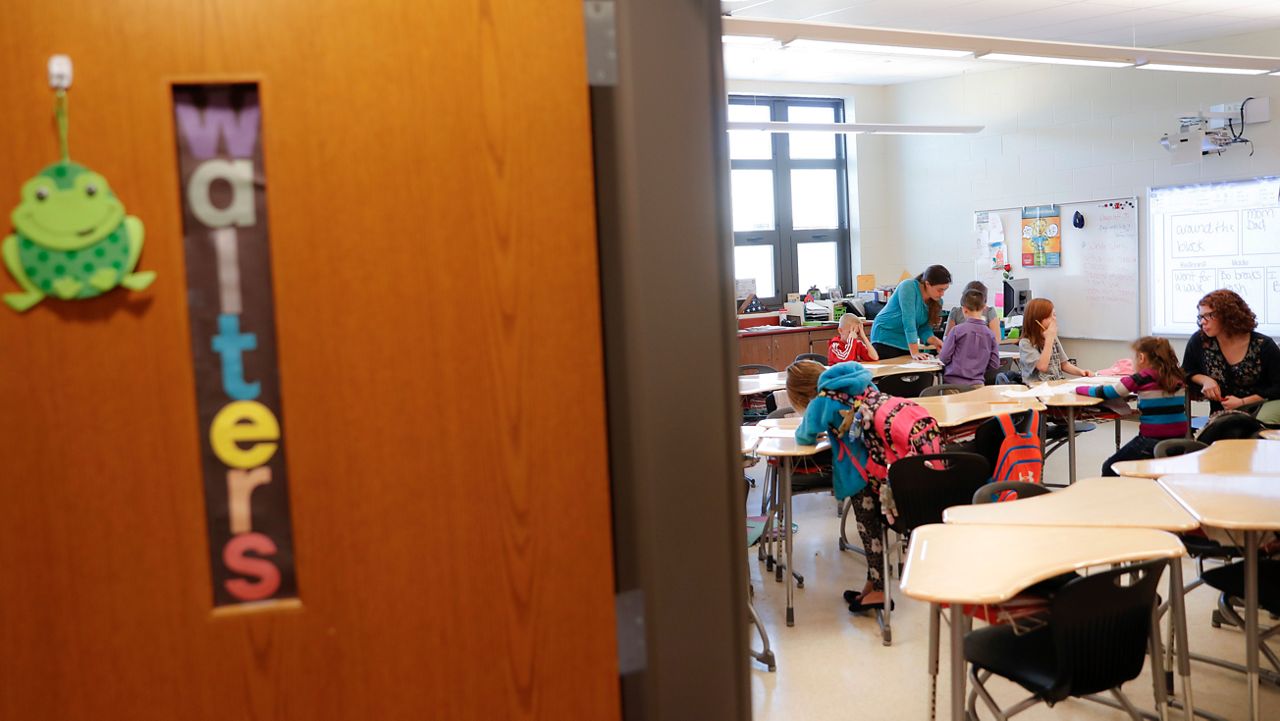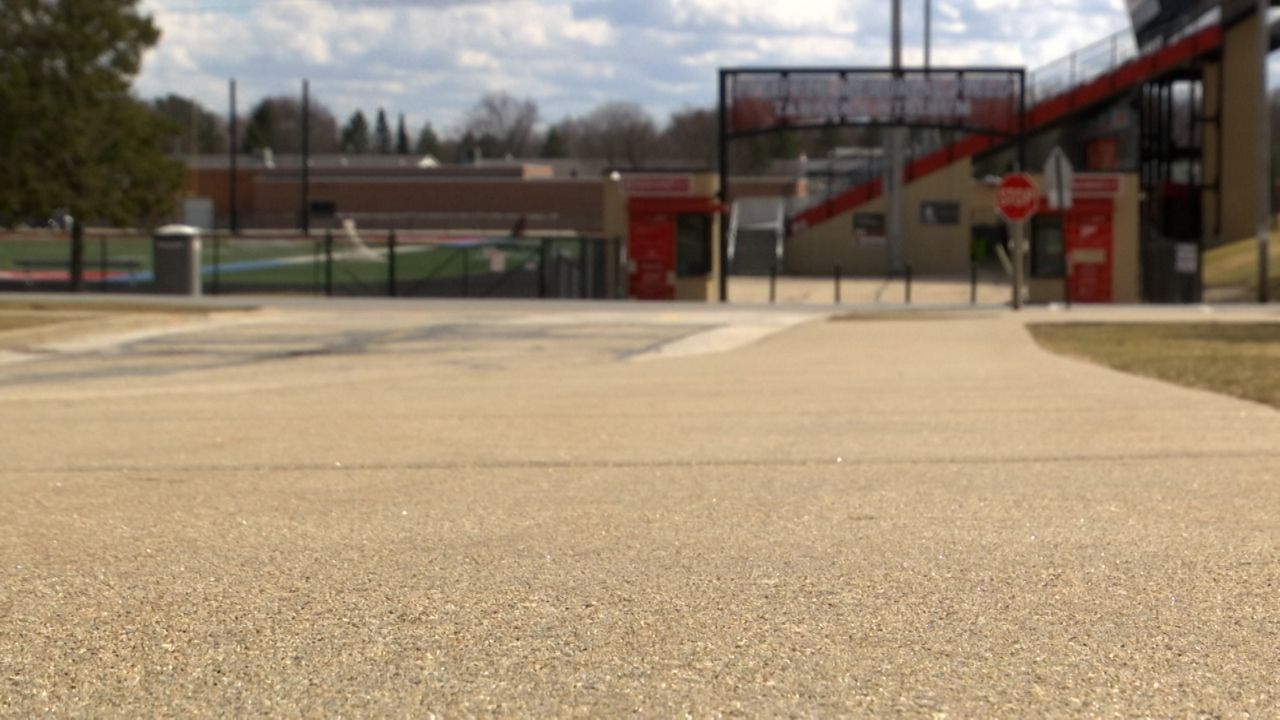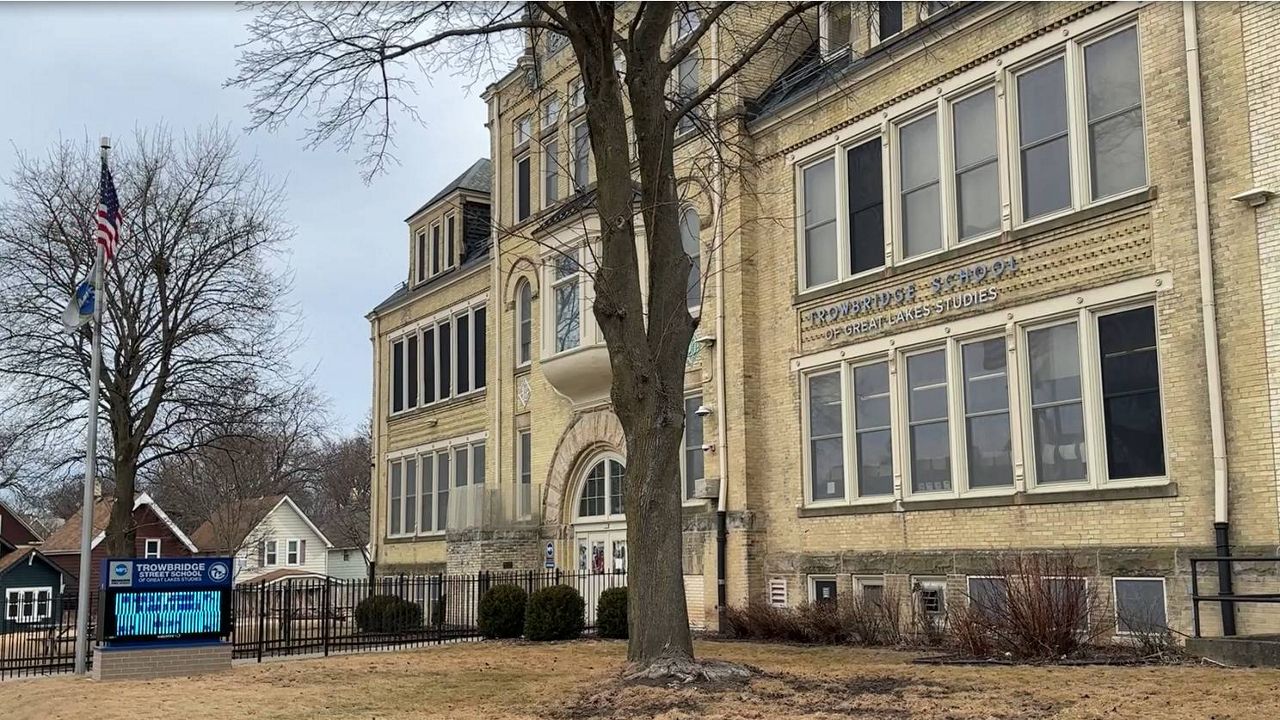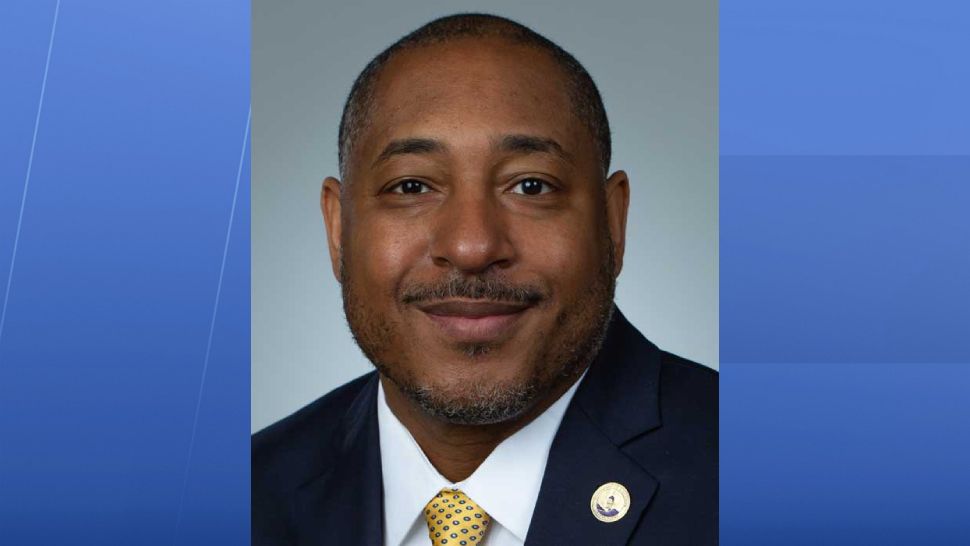WISCONSIN — Wisconsin broke its record for the number of school referendums presented to voters in 2024.
Previously, the most school referendums up for consideration in one year was set in 1998, when voters considers 240 referendums. Additionally, Wisconsin schools asked for more money via referendums than ever before. In 2024, they asked taxpayers for a total of $5.9 billion, compared to 2022’s record of $3.3 billion.
In 2024, voters considered 103 school referendums in spring elections — the February primary and April general election — and another 138 in the fall — the August primary and November general election. Over the course of the year, Wisconsinites saw 241 referendums, which just barely broke the previous record.
Voter approval of those referendums was also at an all-time high in 2024. Voters approved 169 school referendums, when looking at unofficial election results. The previous record was posted in 2018, when Wisconsin voters passed 140 school referendums.
Wisconsin has 421 school districts. More than one-third of them — 145 — passed school referendums this year. Over the last four years, 275 districts have had at least one school referendum passed.
However, in a new report, Wisconsin Policy Forum noted the overall passage rate this year was 70.1%, which is on trend with generally declining passage rates in Wisconsin that began in 2018. This year saw the lowest school referendum passage rate in a midterm or presidential election year since 2014.
Wisconsin Policy Forum said that fall passage rates were typically higher than spring passage rates, explaining that passage rates were higher when voter turnout was higher. In fall 2024, school referendums passed at a rate of 77.5% compared to spring’s passage rate of 60.2%.
In total, Wisconsin school districts will receive $4.4 billion in new funding from referendums this year. This marks another record. The previous record was set in 2020, when $2.7 billion in new funding from referendums was passed. Wisconsin Policy Forum noted these numbers were not adjusted for inflation.
Wisconsin Policy Forum reported that, generally, voters in larger school districts tended to pass referendums. For instance, the largest school referendum came from Madison Metropolitan School District (MMSD). Voters approved the state’s largest recorded debt referendum of $507 million. They also approved another $100 million in funding for an operating referendum.
Other notable referendums from the state’s larger school districts that passed included a $252 million operating referendum in Milwaukee, a $183 million debt referendum in Green Bay, a $152 million debt referendum and a $29 million operating referendum in Janesville, a $121 million debt referendum in the Sheboygan Area School District and a $78 million operating referendum in Eau Claire. The passage of the $252 million referendum for Milwaukee Public Schools (MPS) marked the second largest operating referendum in Wisconsin since 1990.
Wisconsin Policy Forum found that school districts in cities saw a 90% passage rate, while school districts in suburbs saw a 87.2% passage rate. School districts in towns saw a passage rate of 54%, while those in rural communities saw a passage rate of 70%.
The study said that the economy was a potentially major factor in school referendum passage rates.
Wisconsin Policy Forum reported that one reason school districts are asking for more money is because of inflation. “The rate of inflation has exceeded increases in state per pupil revenue limits, which restrict the total amount of money that districts can receive from property taxes and state aid, their two largest sources of revenue,” researchers explained.
Additionally, school districts are facing a tight labor market and are competing to hire teachers. Many school districts have raised salaries because of this. However, they have lost pandemic aid. Both of these factors impact overall budget.
“Navigating these competing pressures will be a key task for local leaders going forward. State policymakers, meanwhile, must consider whether the current approach to funding schools and other local governments is achieving its desired ends, or whether it needs reform in the upcoming state budget,” Wisconsin Policy Forum researchers concluded.
Read the full report below:
Aly Prouty - Digital Media Producer
Aly Prouty is a digital producer for Spectrum News 1 Wisconsin, Ohio and Kentucky. An award-winning, multimedia journalist, she holds an honors B.A. in journalism from Marquette University and an M.A. in journalism and media studies from The University of Alabama.





